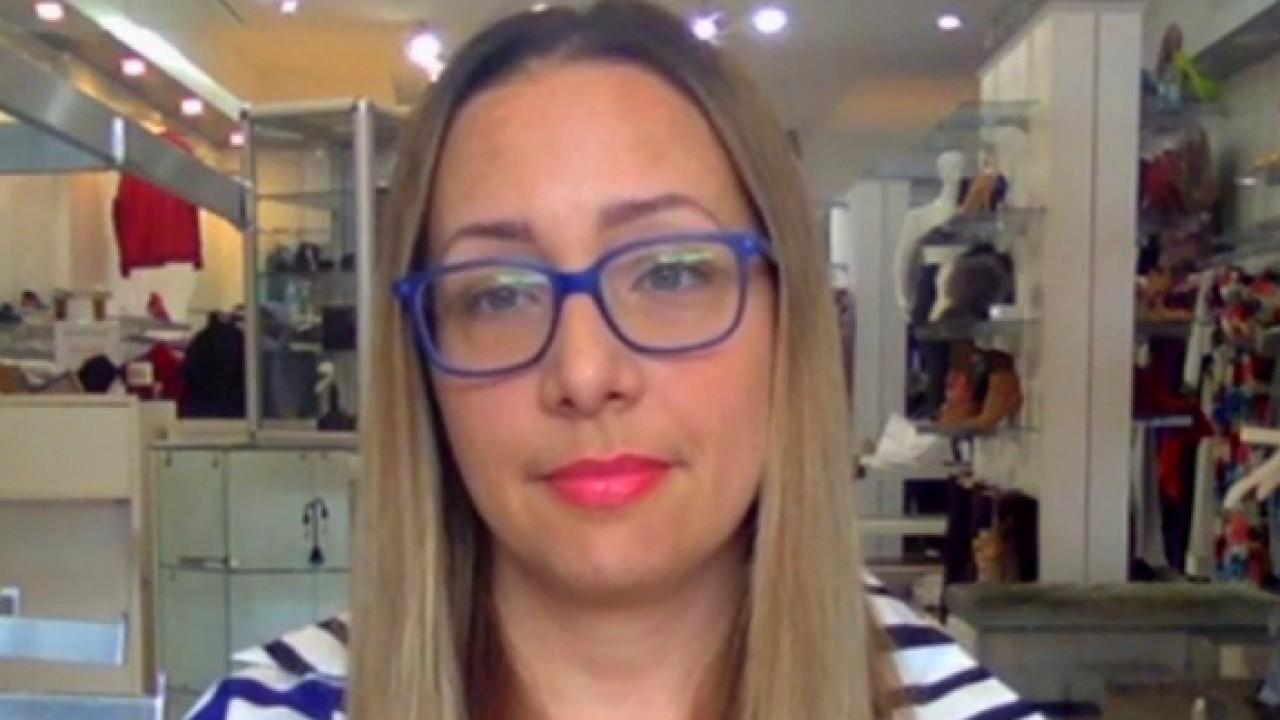Riots, looting after George Floyd death could deal fatal blow to businesses reeling from virus outbreak
The majority of businesses had just started to reopen from the shutdown when the protests started
Looting and vandalism across major U.S. cities could deal a fatal blow to businesses still struggling to recover from the coronavirus pandemic.
Angry and frequently violent protests intended to denounce systemic racism and police brutality have gripped the nation in the week since George Floyd, a 46-year-old black man, died after a white Minneapolis police officer pressed his knee into his neck for at least eight minutes.
Tense standoffs between protesters and police have sometimes descended into destruction; looters targeted small businesses, along with big retailers like Target, Apple and Lululemon, smashing windows, burning property and stealing goods. In some cases, protesters scrawled graffiti on storefronts, writing “I can’t breathe” -- a reference to Floyd’s last words, a rallying cry for the movement -- or other phrases in support of the Black Lives Matter movement.
JAMIE DIMON REACTS TO FLOYD PROTESTS: JPMORGAN COMMITTED TO 'FIGHTING RACISM'
“Despite insurance coverage and federal assistance, there will be businesses that will never reopen,” said Dan Geltrude, a financial and tax expert. “There will also be economic damage that will take some areas years to recover from, if ever. And worst of all, we do not know right now how far this will spread and for how long.”
Small businesses employ close to 60 million people, or almost half of the entire U.S. workforce, according to the Small Business Administration.
As the outbreak of the virus triggered an unprecedented shutdown of the nation’s economy, the federal government stepped in to provide forgivable loans of up to $10 million through the Paycheck Protection Program to businesses that employ fewer than 500 workers.
BIDEN USES GEORGE FLOYD PROTESTS TO MAKE CASE AGAINST TRUMP
Only 25 percent of the money could go toward general costs if the business wanted the money to be forgiven; the remaining 75 percent had to be spent on maintaining payroll. Even with the nearly $610 billion in aid, bankruptcies among small businesses are expected to surge.
The majority of businesses had just started to reopen from the shutdown (though most were not operating at 100 percent capacity) when the protests started.
The riots, Geltrude said, could be the final death knell for businesses across the country.
LOOTING OF NYC LUXURY STORES PART OF 'ORGANIZED' EFFORT: POLICE
“Riots also produce a clear disincentive for business owners to locate their operations in riot-prone areas,” he said. “Who in their right mind builds a factory someplace where they fear there is some reasonable risk that it will be burnt to the ground? Riots are bad for property values, as people do not want to live in those areas and many property owners are hesitant to rebuild or repair in the aftermath.”
Store-owners denounced the destruction.
“THIS IS NOT THE ANSWER,” Attom, a popular black-owned business in Atlanta, wrote Saturday on Instagram, sharing a picture of the ransacked store. “We send our condolences to other black owned businesses around the country who have been a victim to such activity.”
Kris Shelby, who opened the store in 2016 with his business partner, told The New York Times he empathized and shared the pain of those protesting Floyd’s death, but said he did not believe that stealing would stop similar incidents from happening again in the future.
“It hurt. It seriously hurt,” he said, of Floyd’s death. “But as a black man, and this is a black-owned business, it’s just sad. It really leaves a bad taste in our mouths, to be honest.”




















